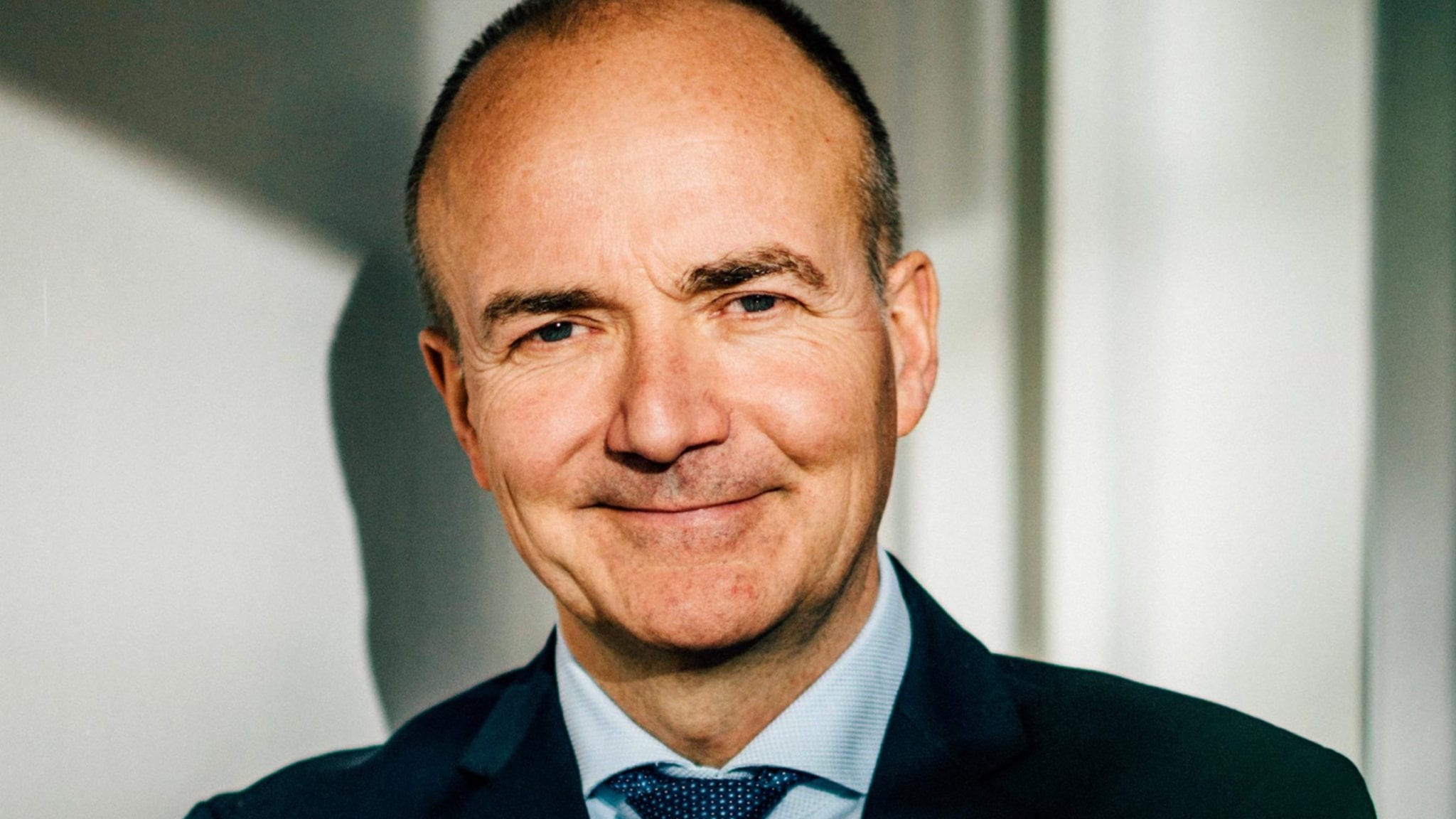
Novo Holdings invests in Hemab, a company going against the hemophilia gene therapy grain with a plan for bispecifics
Novo Holdings, the holding company comprising Novo Nordisk and managing the Novo Nordisk Foundation’s assets, has made a new investment through its seed capital arm.
The incubator Novo Seeds is funding a company called Hemab ApS, which is focused on developing bispecific antibodies for rare bleeding disorders. Co-founded by two former Novo Nordisk execs in their hemophilia R&D department, Hemab is aiming for hemophilia to be its first target with related blood diseases to follow afterward.
Unlock this article instantly by becoming a free subscriber.
You’ll get access to free articles each month, plus you can customize what newsletters get delivered to your inbox each week, including breaking news.